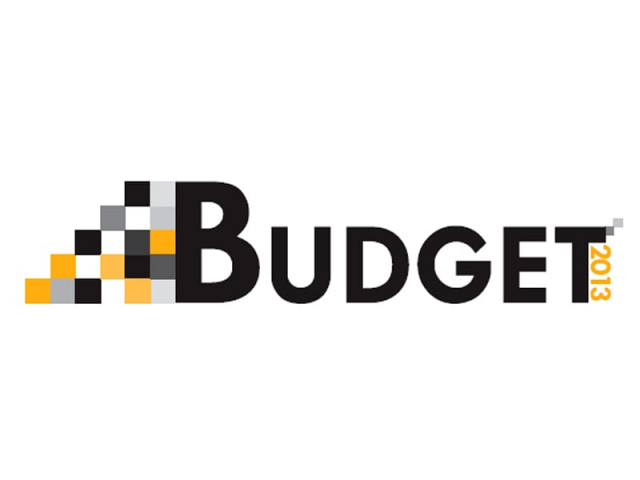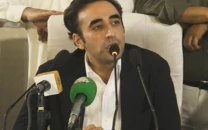The nightmare of budget invalidation deemed unlikely
Court, legal precedent seen as too pragmatic to risk the fate of the economy over one case.

Nobody expects the court would be so reckless as to invalidate the passage of the federal budget. Because if they are, they will unleash an economic nightmare.
Consider the facts: Article 74 of the Constitution requires the approval of the federal Cabinet, led by the prime minister, for a budget to be presented before parliament. This was done on the morning of June 1. That evening, Finance Minister Abdul Hafeez Shaikh formally presented the budget in the National Assembly.
Now the Supreme Court is saying that Prime Minister Yousaf Raza Gilani was disqualified from holding office on April 26. If that is true, and if the court decides that the prime minister’s decision to approve the budget is not valid, then that means the budget was not validly presented to parliament and hence its passage in the National Assembly is also void.
Consider for a moment what would happen if that were the case. The government then has 11 days till June 30 to elect a new prime minister, approve the budget in the Cabinet again, present it to the National Assembly, send it to the Senate for recommendations, and then pass it again in the National Assembly. Given the pace at which our government moves, that seems a tall order.
So what happens if the budget is not approved in time? The government’s expenses for everything starting July 1 will not have been approved and thus will not be paid. The direct personal impact will be on the 1.4 million government employees, who will not get their salaries. Ironically, this includes Chief Justice Iftikhar Muhammad Chaudhry himself. Millions more pensioners will also not get paid.
But the much larger problem is government debt. The government has approximately Rs1 trillion in short-term debt that needs to be rolled over next quarter, a significant percentage of which will need to be done next month. In addition, interest payments on the remaining government debt need to made.
The overwhelming bulk of this debt is held by the banking system. The banks have already dramatically scaled back lending to the private sector in the aftermath of the 2008 financial crisis. If they can now no longer rely on the government making interest payments on its debt on time, that is likely to create a wave of uncertainty that may well cause the banking system to freeze.
While it is likely that ATMs will continue working and ordinary cash transactions with banks will still take place, lending is likely to dry up. Businesses will find it extremely difficult, if not impossible, to finance their day-to-day operations, let alone expansion plans. In essence, we may return to what happened in late 2008, when the banking system froze and the rupee fell by over 29% as people moved their money out of the country. And Pakistan’s economy today is much more fragile than it had been in the run-up to that crisis.
Most analysts believe that the Supreme Court is highly unlikely to invalidate the budget. “The day-to-day activities of the government will always be validated by the Supreme Court if it is challenged because they want order to prevail in the country. Any activity that is ordinarily legal will likely to be automatically upheld,” said Zain Sheikh, a constitutional lawyer based out of Karachi.
Market analysts concur with this judgement. “I don’t think the nightmare scenario will play out. I don’t think the Supreme Court will unleash that level of uncertainty,” said Imtiaz Gadar, a banking sector analyst and economist at KASB Securities, an investment bank.
Published In The Express Tribune, June 20th, 2012.



















COMMENTS
Comments are moderated and generally will be posted if they are on-topic and not abusive.
For more information, please see our Comments FAQ